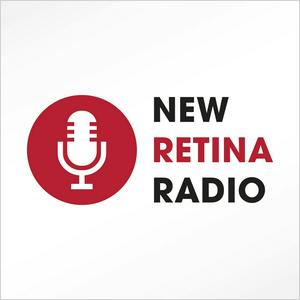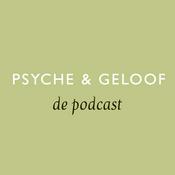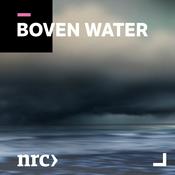235 afleveringen
- Join Dr. Nemo Patel, Dr. Matthew Donovan, and Dr. Danny Mammo as they share real-world insights on how the next generation of retina specialists are optimizing their patient care by adopting FDA-approved therapies for appropriate patients. Together, they explore how to navigate patient selection, safety monitoring, and workflow integration—while maintaining efficiency and patient confidence. The conversation highlights how practices are evolving to meet the growing need for GA management, from staff training and patient education to effective collaboration with referring optometrists.Listen in to gain actionable strategies that you can implement in your practice today. Please see full Prescribing Information at http://bit.ly/4jXHTsb. This episode is sponsored by Apellis Pharmaceuticals, which developed its content and compensated the speakers.
- Are you ready to accelerate your understanding of retina care?Join Dr. Nemo Patel as he speaks with Dr. Patrick Staropoli, a fellow retina specialist and professional race car driver, in an engaging discussion about Geographic Atrophy (GA) secondary to AMD.In this episode, Dr. Staropoli shares how the principles of racing—split-second decision-making, teamwork, and maintaining focus under pressure—influence his approach to treating GA. Together, they'll explore the evolving GA treatment landscape and emphasize the critical role of early detection and timely referral. Please see full Prescribing Information at http://bit.ly/4jXHTsb. This episode is sponsored by Apellis Pharmaceuticals, which developed its content and compensated the speakers.
- Dr. Nemo Patel is joined by Drs. Sam Minaker and Has Al-khersan, who share lessons learned early in their careers about connecting with patients, setting expectations, and integrating therapy for geographic atrophy (GA) secondary to AMD into their respective practices. Together they address how to discuss complex diseases with patients, involve family members in treatment discussions, and build rapport through empathy and transparency. The conversation also highlights practical approaches for team training, workflow efficiency, and addressing real-world challenges in GA care. Please see full Prescribing Information at http://bit.ly/4jXHTsb. This episode is sponsored by Apellis Pharmaceuticals, which developed its content and compensated the speakers.
- What types of delays do Stargardt disease patients experience when it comes to diagnosis? And what are the implications for such delays? Alexis Warren, MD, is joined by Jesse Sengillo, MD, and Sruthi Arepalli, MD, to discuss findings from a recent paper quantifying delays in diagnosis and suggesting means by which such delays could be mitigated.
- Podcast co-hosts David Fell, MD, and Justin Muste, MD, sit down with Wills Eye fellow Flavius Beca, MD, to discuss the highs and lows of fellowship training, including successful cases of uveitis, clinical pearls for pneumatic retinopexy, and the challenges of treating retinal tears and detachments with vitrectomy and scleral buckling.
Meer Wetenschap podcasts
Trending Wetenschap -podcasts
Over New Retina Radio by Eyetube
New Retina Radio is a place to hear stories about retina that are told nowhere else.
Podcast websiteLuister naar New Retina Radio by Eyetube, We zijn toch niet gek? en vele andere podcasts van over de hele wereld met de radio.net-app

Ontvang de gratis radio.net app
- Zenders en podcasts om te bookmarken
- Streamen via Wi-Fi of Bluetooth
- Ondersteunt Carplay & Android Auto
- Veel andere app-functies
Ontvang de gratis radio.net app
- Zenders en podcasts om te bookmarken
- Streamen via Wi-Fi of Bluetooth
- Ondersteunt Carplay & Android Auto
- Veel andere app-functies


New Retina Radio by Eyetube
Scan de code,
download de app,
luisteren.
download de app,
luisteren.








































